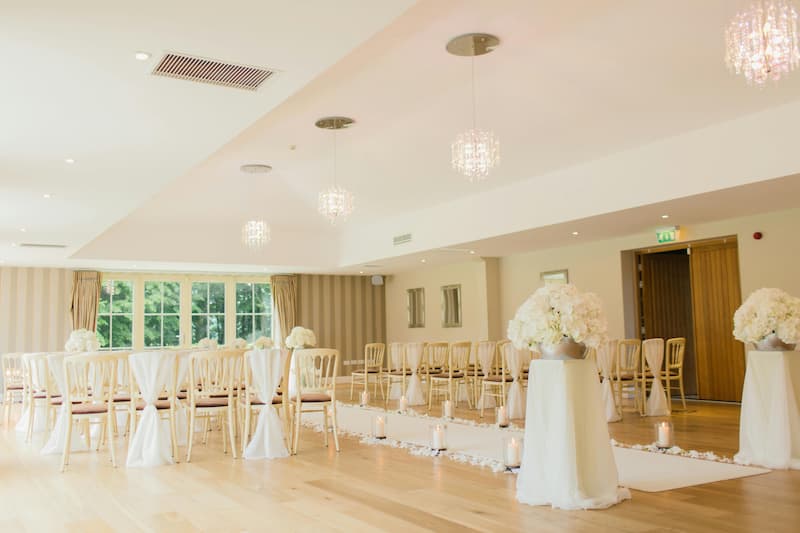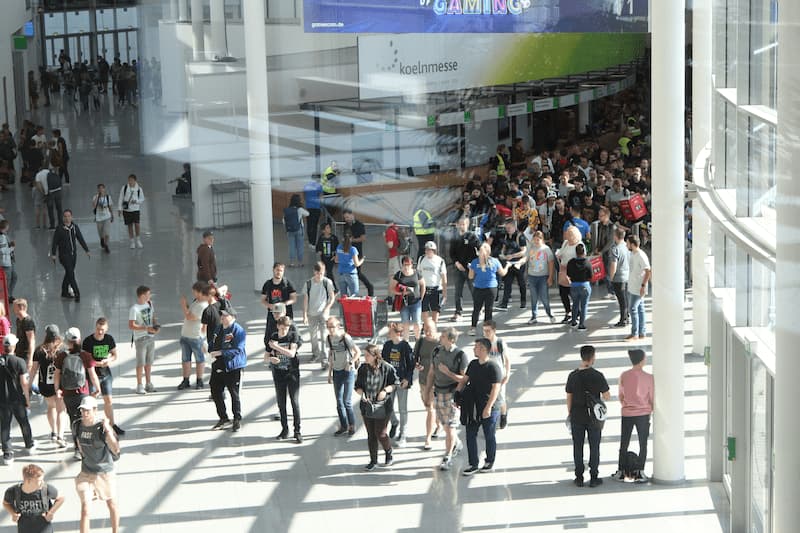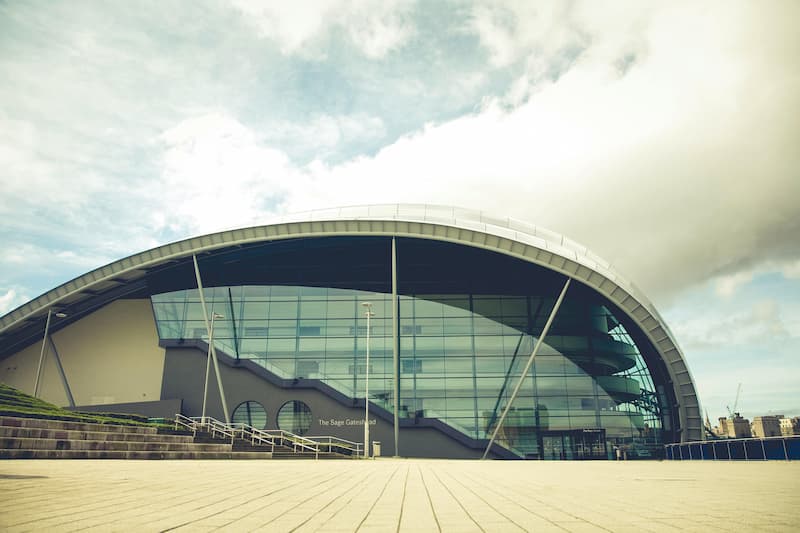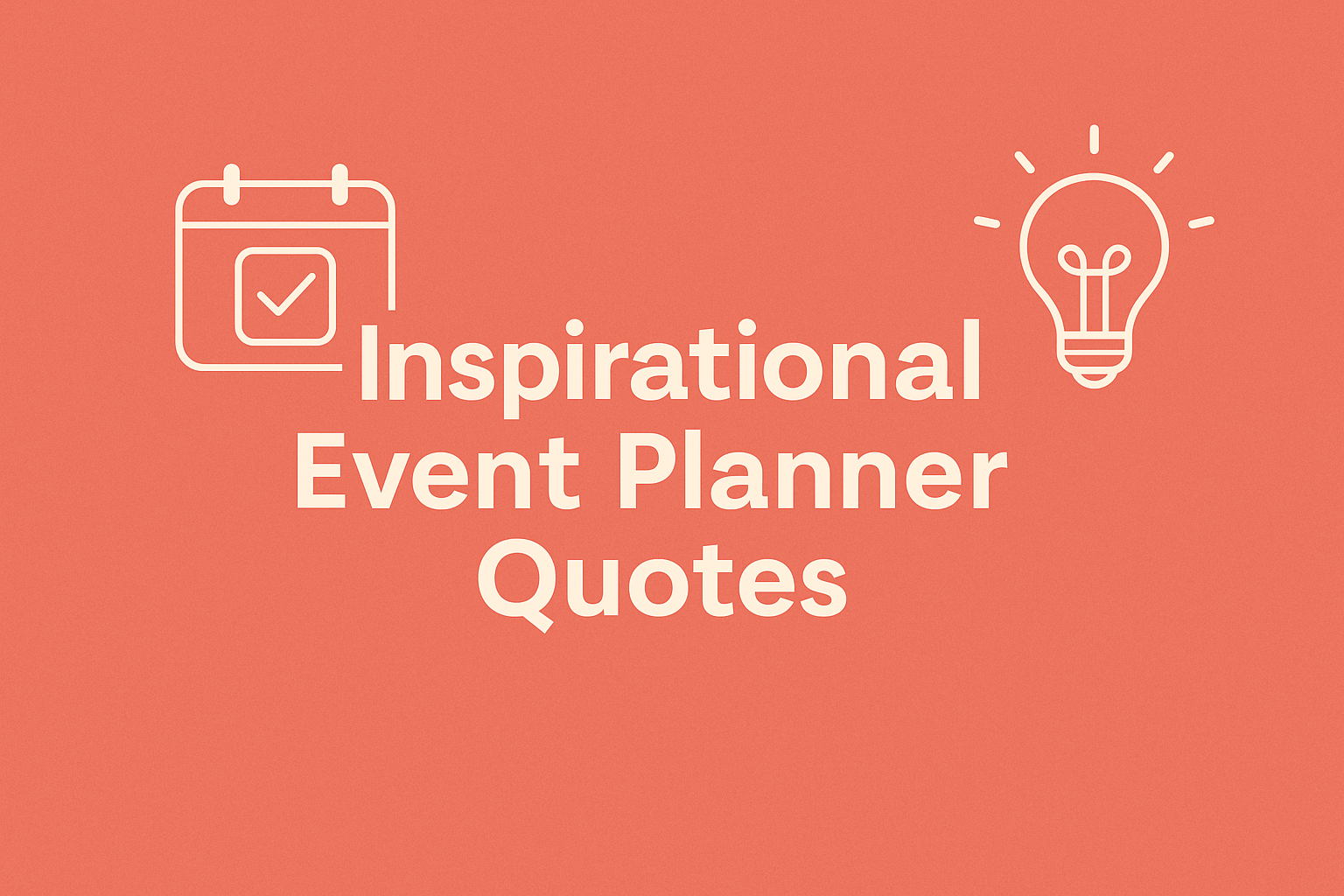Choosing the right venue will have a powerful impact on the success of your event. The venue will influence your event planning process and experience in countless ways, including your logistics and budget as well as your guests’ experiences.
Fortunately, following a clear path towards venue selection can help you narrow down your options efficiently and find the right venue to meet your needs. In this clear and strategic guide, we will break down for you exactly what you need to do to find the right venue for your next event. Let’s get started.
What is Venue Sourcing and Why Does it Matter?
Before we proceed, it is helpful to define venue sourcing and its crucial role in your overall event success.
Defining Venue Sourcing
Venue sourcing is the process you will walk through to examine all your different venue options and how they compare to the priorities your team has so that you can make the optimal decision for your upcoming event.
Venue sourcing is a component of your overall event planning process, but it is separate from the rest of the planning steps you will run through. Your event planning will need to look at all the different components that go into preparing for the event, but the venue sourcing will look specifically at the location where you will host the event itself.
The Role of the Venue in Event Success

Once you start looking at venues, think carefully about how the location will set the tone for your event. Lighting, the arrangement of the spaces, and the overall feel of the venue will impact the impression people have from the moment they walk in.
Your venue selection will affect how your budget comes together for the event. Your considerations regarding accessibility will influence how many people can attend your event and how easily they can access the various activities you have planned. This single decision will have a noticeable effect on your event from start to finish and thus should be a high priority decision from the beginning of your planning process.
Step-by-Step Venue Sourcing Process
We have broken down the process you will use to select your venue into seven steps. Let’s walk through them together.
Step 1: Define Your Event Needs
Begin by defining what your event needs to be successful. This includes looking at your event from a number of different perspectives.
- How big will your event be?
- What type of event will you have?
- Will your event take in a specific style?
- What restrictions do you have on your calendar for the timing of the event?
- What A/V requirements will your vendors and presenters have?
- What catering needs will you need to accommodate?
- How will you want to brand the space?
Step 2: Set a Realistic Budget

Once you have your priorities set for your venue space, you will want to carefully draw up your budget. This will restrict what venues you consider and how you will allocate your resources.
As you look at your budget, remember to include all the different financial considerations including:
- The cost of the venue rental itself
- Any permits you need for the event
- Any security personnel you will need to supply
- Any additional fees you will need to cover for vendors or attendees
Budgeting best practices also call for you to include a contingency budget. Add at least 10% to your budget to account for unexpected expenses.
Step 3: Research and Create a Long List
Armed with all this information and your budget restrictions, you can then start building up a list of all the different venues you can use. At this stage, you want to include all the possible venues, you are not limiting your list by too many factors yet. You will narrow down your list according to our restrictions and the event itself in the next step.
Use a variety of sources to find potential venues for your list.
- Venue sourcing platforms like Cvent, EventUP, and Peerspace
- Google Maps to examine different geographical areas
- Local DMCs
- Past venues your business has used
Step 4: Vet and Shortlist Venues
Now, you will start pairing down your list according to the needs of your event. Begin to vet and shortlist venues based on how well they will help you meet your goals. The central criteria you should use for this evaluation are:
- Capacity
- Location
- Amenities
- Availability
- Cost
As you look through the different venues, use a scoring matrix or checklist template to help you compare the different venue options. You can then select the highest scorers as your shortlist and prepare to make your final decision.
Step 5: Conduct Site Visits (In-Person or Virtual)

To finalize your venue selection, you will visit your short list of top venues either virtually or in person. This will help you start to visualize your event taking place in the space so you can better see whether the venue will fit your vision.
While your visit your venue options, look for a few key criteria:
- Walk through the space as an attendee and evaluate your impression of the space
- Consider where you would place your different vendors and breakout sessions
- Look at the flow of the space and how well it can accommodate your vendor needs
- Consider features like parking, getting into the building, and if there are any potential obstacles for your attendees.
- What are the acoustics like throughout the space and how will that impact your event?
You will also want to ask questions of your contact. Include inquiries such as:
- Who will be available to answer questions during the planning process?
- Who will be available to provide support before, during, and after the event?
- What will be requirements for insurance?
- What restrictions and policies (including cancellation policies) may impact your event?
Step 6: Compare Proposals and Negotiate
After your walk-throughs, work with your team to determine your top picks for venues so you can request proposals to see what they will offer you. You will send out a Request for Proposal to the venues with details about your event and what you will need from venues. They will send back proposals detailing what goes into their contract and what they can offer in terms of amenities and accommodating your proposed date and time.
As you evaluate the proposal, you will want to compare your options and see how each aligns with your event’s budget, requirements, and needs. Read the fine print to see exactly what is included and what their policies and your liabilities will be. Be prepared to negotiate. You can use tactics such as flexible dates or bundled services to try and get the best possible terms for your contract.
Step 7: Book the Venue and Confirm Logistics
Once you have determined the best proposal, move forward to sign the contact with the venue. Before signing anything, make sure you firmly understand all the deposit terms and cancellation clauses. Then, communicate with your stakeholders so they know how the process is going and how you will be moving forward with your venue.
Tips for Efficient and Strategic Venue Sourcing
While these steps will help you select the optimal venue, we have a few tips that can help you improve your efficiency throughout the event planning process. These ideas will empower you to operate effectively now and help the process of event sourcing in the future.
- Use a centralized spreadsheet or software to track all the venue information. This can serve as a database for easy reference as you evaluate your venues now and in the future.
- Start early to access more options. The earlier you book, the easier it will be to get your top venue.
- Always have a Plan B venue. Know where you will turn if something happens while planning with your initial venue.
- Build a preferred vendor list. As you have positive experiences with different venues, build an internal list that you can quickly reference for future events.
Common Mistakes to Avoid
As you move through this process, avoiding common mistakes can also save you budget and headaches. Pay particular attention to the following:
- Booking too late. It will be challenging to find someone who can accommodate your preferences when you are left with only a few options.
- Do not underestimate costs. Failing to account for key parts of your venue budget, such as permits, can leave you struggling to stick to your budget.
- Remember the importance of accessibility and transportation needs. If your venue is hard to reach or if people with mobility problems can’t access the space, you limit your audience and attendees’ experiences.
- Always read the fine print in contracts. Do not get surprised by particular liabilities or hard-hitting cancellation policies because you didn’t read your contract thoroughly. Know exactly what you are signing.
Venue Sourcing for Different Types of Events
The needs you will have for your venue will likely vary depending on the type of event you want to host. Here are some common factors to consider as you evaluate your options.
Corporate Events
Corporate events will want to find venues that emphasize functionality. You will likely need quality A/V amenities and space for breakout sessions. Keep these features in mind as you look at your options.
Weddings and Social Events
Weddings and social events will have a greater emphasis on the aesthetic and ambiance. You want to create photo ops and memories for your attendees, so these will be top priority.
Nonprofit and Fundraising Events
Nonprofits have to be particularly budget-conscious. Finding venues that offer cost-effective solutions while still matching the environment you want to offer attendees will be essential. You might also consider looking for in-kind venue donations, which can help you be particularly budget-friendly and allocate your resources towards other event components.
Final Thoughts
A successful event starts with the right venue. When you have chosen a smart location for your event, you can start to build out how you will use the space to create the optimal environment for your attendees and ensure that the resources you have available are allocated effectively.
Event planners should invest time in the venue sourcing process and use this guide to help them move through the process as they get ready for future events.







